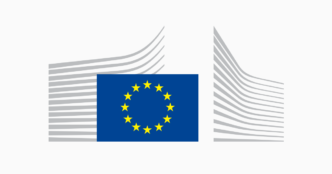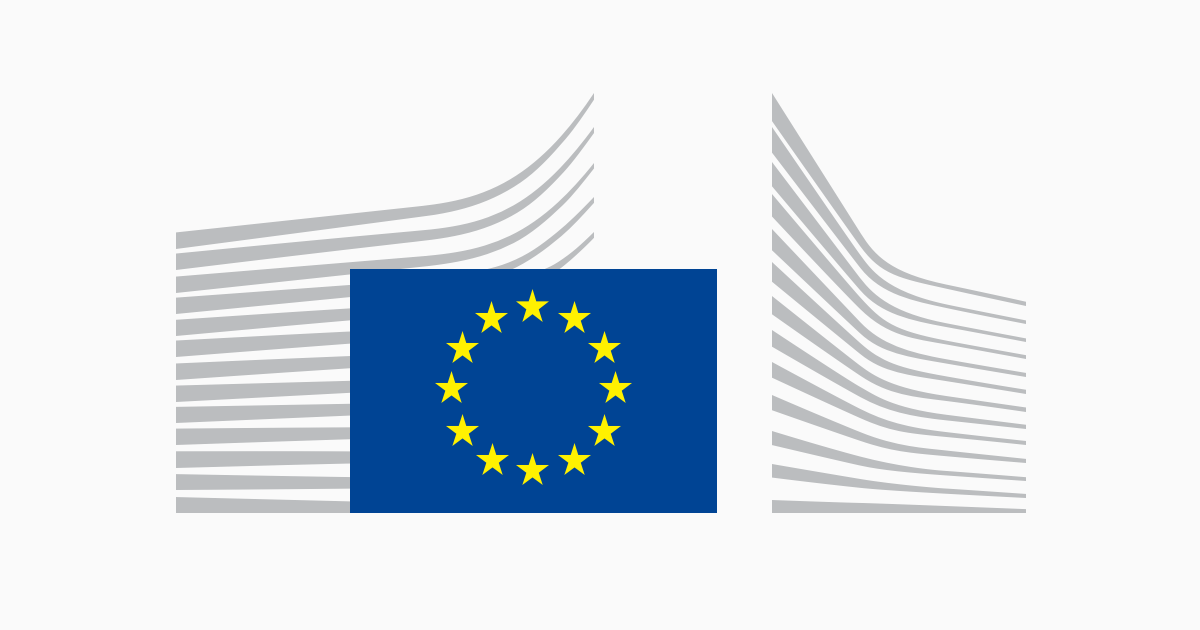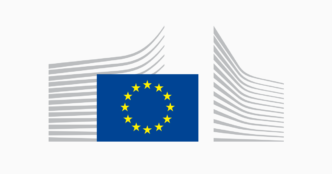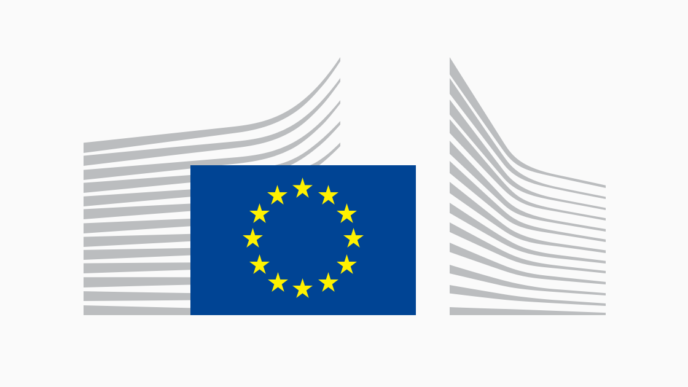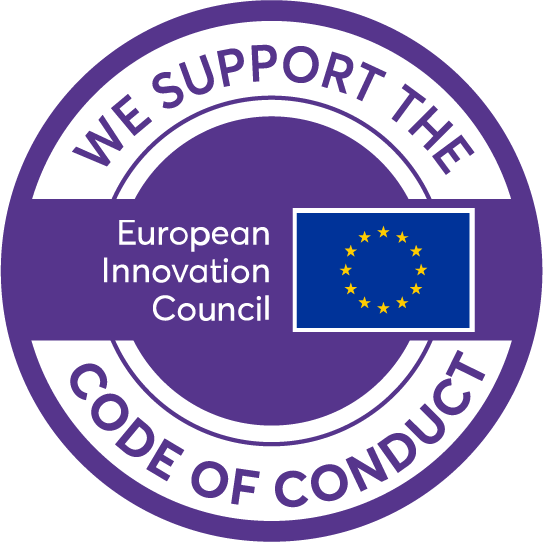The European Migration Network (EMN) has published the inform ‘Access to remedies for international protection applicants’, a comprehensive comparative analysis of procedural safeguards, key challenges, and good practices observed across the EU. Covering the period from 2018 to 2024, it outlines the different approaches taken by 22 EMN Member Countries to manage appeals across the EU, offering policymakers comparable data for procedural reforms and supporting the Pact on Migration and Asylum.
The right to effective remedy
The right to an effective remedy is a cornerstone of both EU and international human rights law. It ensures applicants for international protection can challenge asylum decisions through fair and accessible appeals procedures. This right, recognised under EU law and international frameworks like the recast Asylum Procedures Directive, the European Convention on Human Rights, and the Universal Declaration of Human Rights, includes safeguards such as state-funded legal assistance and reasonable time limits for lodging appeals. As asylum applications and first-instance decisions have risen sharply in recent years, understanding and improving appeal procedures is vital, particularly with the upcoming implementation of the Asylum Procedure Regulation, which will apply as of 12 June 2026.
Variations in appeals procedures across EMN Member Countries
Lodging an appeal, timelines and decisions
Appeal procedures for decisions issued in the regular asylum procedure vary significantly across the 22 EMN Member Countries surveyed. Time limits for lodging appeals range from one week to one month, with most appeals requiring submission in writing—either on paper or electronically. Appeals are typically resolved through a combination of written and oral procedures. While some countries impose no specific time limit, others have time limits ranging from one to over five months. In general, lodging an appeal under the regular asylum procedure has automatic suspensive effect, though exceptions do apply.
Appeals in accelerated and border procedures
Appeals against decisions in the accelerated asylum procedure and inadmissibility decisions are treated differently in a few EMN Member Countries. Five EMN Member Countries have established specific first-instance appeals procedures for decisions issued in the accelerated asylum procedure. In most instances, such appeals follow the same procedures as regular asylum cases but may involve shorter timelines or differences in the application of automatic suspensive effect. France is the only EMN Member Country with a distinct appeals process for decisions issued in a border procedure. Eleven EMN Member Countries do not operate border procedures under their national legislation, but for those that do, border-related appeals tend to involve shorter times for lodging appeals and lack automatic suspensive effect.
Courts and appeals hearings
Across 16 EMN Member Countries, first instance appeals are heard by general administrative courts, while six countries assign these cases to specialised judicial or quasi-judicial bodies. In terms of structure, 18 EMN Member Countries typically rely on single judges or members of the competent body to hear appeals, while six countries entrust cases to panels of judges, usually consisting of two or three members, depending on the complexity of the case.
Special considerations for vulnerable groups
All reporting EMN Member Countries offer state-funded legal assistance and representation for first instance appeals, typically on request and subject to conditions like financial need, the applicant’s presence within the territory, or the appeal’s likelihood of success. Legal assistance usually includes help with preparing and filing appeals, consultations, and representation at hearings. Most Member Countries assign registered lawyers under state legal aid systems to fulfil this role. Additionally, 17 EMN Member Countries have specific guarantees in place for unaccompanied minors, such as appointing legal guardians or providing legal representation automatically, and 12 countries ensure special procedural accommodations for other vulnerable groups with specific needs.
Operational improvements and digital advancements
Between 2018 and June 2024, 12 EMN Member Countries introduced operational improvements to their first instance appeals procedures, leveraging digital technologies such as online hearings and the electronic submission of documentation. These advancements streamlined processes and modernised appeal systems, but challenges such as capacity constraints, growing caseloads, backlogs, and limited access to legal assistance persist. Several good practices have been implemented by EMN Member Countries. Measures to prevent backlogs, strengthen the capacity of competent bodies, and advance digitalisation have proven effective. Innovations have also included standard operating procedures (SOPs) to provide clear guidance for staff, the establishment of strict legal time limits for issuing appeal decisions, and the creation of specialised territorial chambers to reduce appeal costs for applicants.
For an in-depth overview of how EMN Member Countries structure first-instance appeals procedures for international protection applicants, explore the full inform here.
